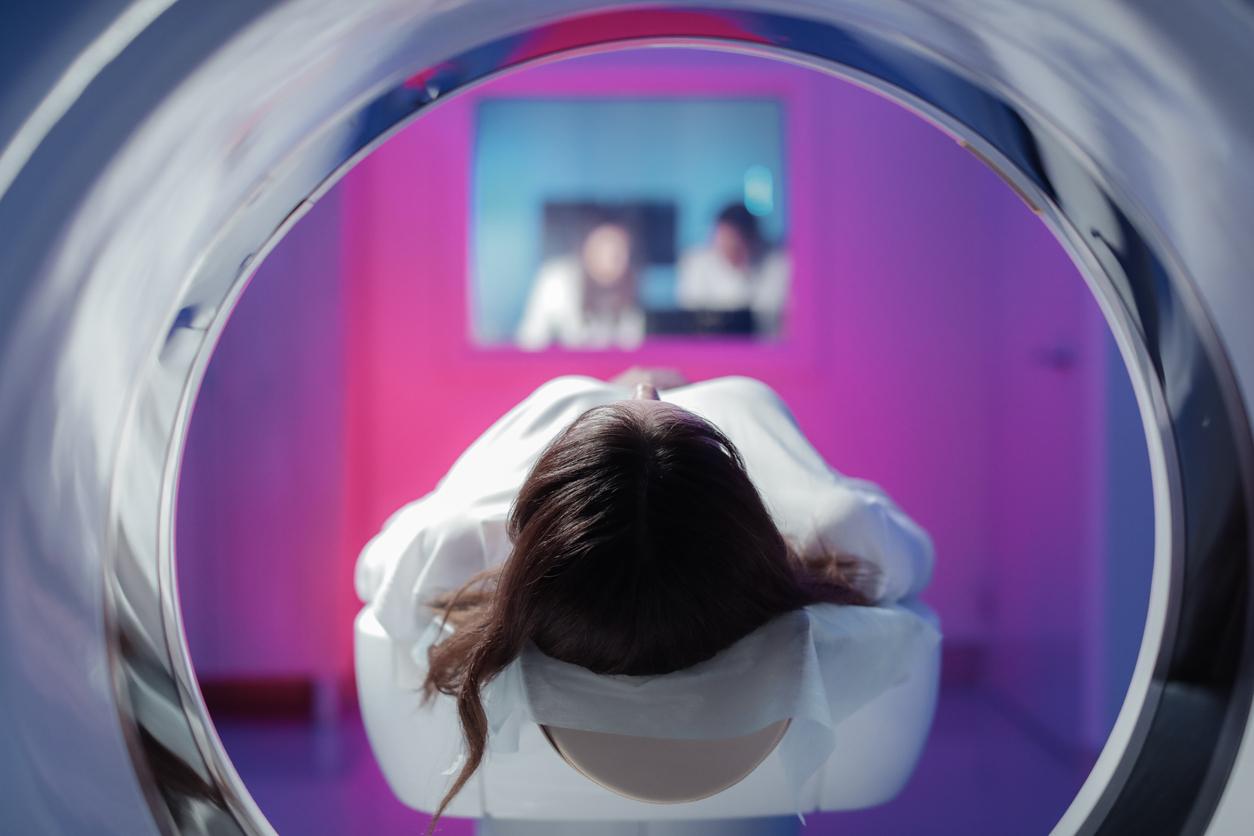
October 26, 2010 – Marathons can damage the hearts of runners, especially those in less good physical condition, but these injuries are temporary and do not induce a heart attack, according to recent work by Quebec researchers.
The results of this forthcoming study were presented at the Canadian Heart Health Congress, currently being held in Montreal.
The Dr Éric Larose and his team from the Institut universitaire de cardiologie et pneumologie de Québec came to this observation by trying to better understand the following paradox: if runners exercising regularly have 2 to 3 times less risk of suffering a cardiovascular event during their lifetime, they are nevertheless 7 times more at risk of suffering from such an event while practicing their sport.
The researchers therefore analyzed, using a methodology unique to date, the physical state and cardiovascular health of 20 runners who took part in a 42.2 km marathon in the Quebec City region.
Participants, an average of 48 years old, were given a blood test, magnetic resonance imaging (MRI) and VO2 max, a stress test to measure the body’s oxygen uptake. These examinations were conducted 3 times, i.e. 6 to 8 weeks before the marathon, less than 48 hours after the marathon and 3 months after the marathon.
Hearts less well trained, more at risk

Dr Eric Larose
The first conclusion of this study – and the most important according to Dr.r Larose – is that injuries to the heart during a marathon do not cause permanent damage. Therefore, unlike a study that caused a stir when it was published a few years ago, there is no marathon-induced infarction.
Second conclusion, this reversible damage is inflammation (or edema) which occurs in the segments of the myocardium. In the current study, MRI found that less well-trained runners were more likely to damage their hearts than well-trained ones. More than 50% of the 17 segments of the myocardium in runners in poorer physical condition were indeed victims of inflammation. The damage persisted for up to 3 months.
A simple test of the overall cardiac function does not necessarily allow to see this damage, hence the importance, in the present study, of the MRI, specifies Dr The Rose. When a segment is damaged or exhausted, neighboring segments take over. The heart can therefore appear intact, even stronger and in better condition, than it really is.
Finally, the work of researchers shows that the more a subject is in good physical condition, the higher his VO2 max results are and the less he is at risk of heart injuries.
“These reversible injuries caused by sustained effort are the price to pay to have a reduction in cardiovascular events during life. It is an immediate adaptation mechanism that has long-term beneficial effects, ”he explains.
Hydrate well
In light of this study, one might think that future marathon participants should have an MRI or VO2 max. However, not everyone can have access to an MRI for reasons of cost and availability. As for the VO2 max, although it is a good tool for determining the degree of physical conditioning, the study does not show that it can prevent cardiovascular risks, which the researcher will look into soon.
“The message behind this study is that exercise is good for the heart. You just need to train well, consult your doctor if necessary and listen to your body so as not to push the machine too much. It is also necessary to hydrate well, because our study shows that the poorly hydrated runners suffered more from dysfunctions ”, concludes Dr The Rose.
Louis M. Gagné – PasseportSanté.net
1. For more information on the Canadian Heart Health Congress: www.cardiocongress.org.















